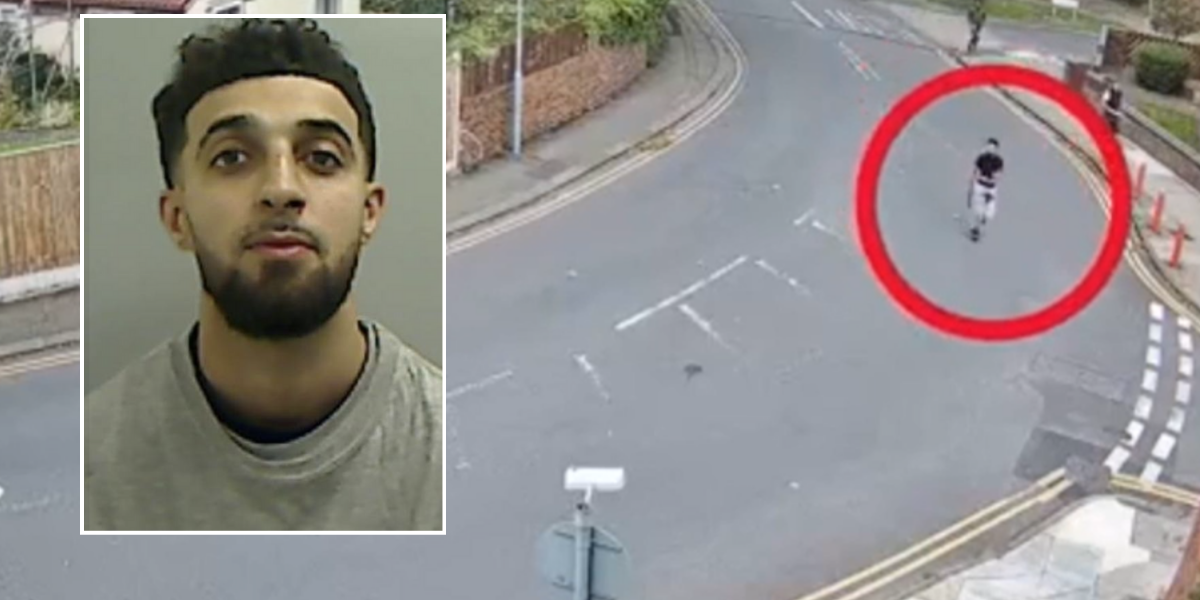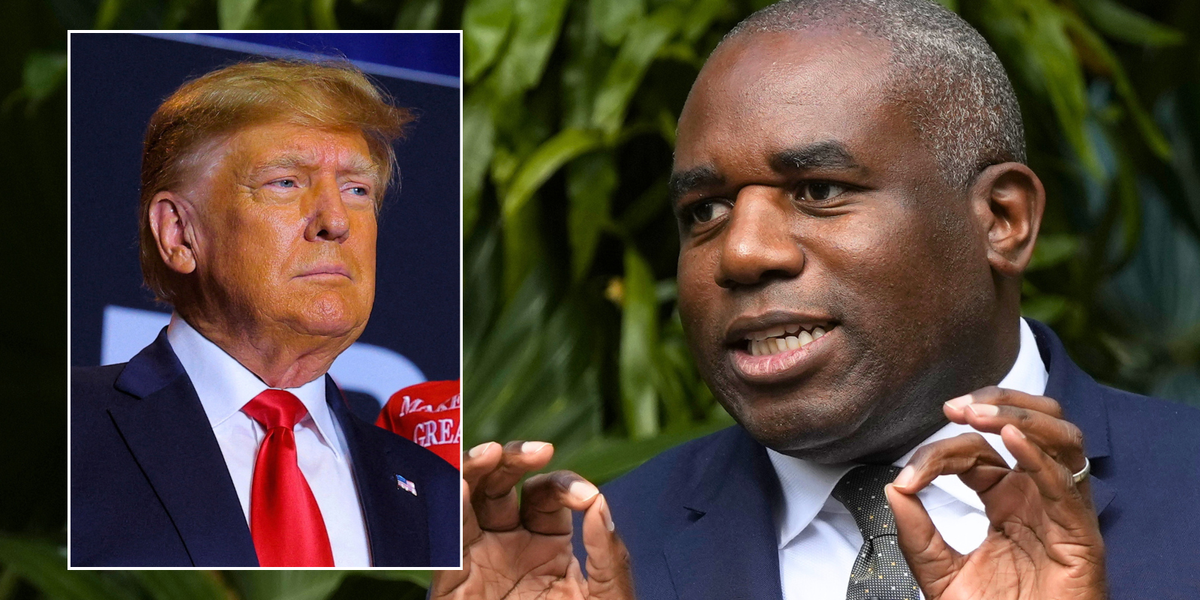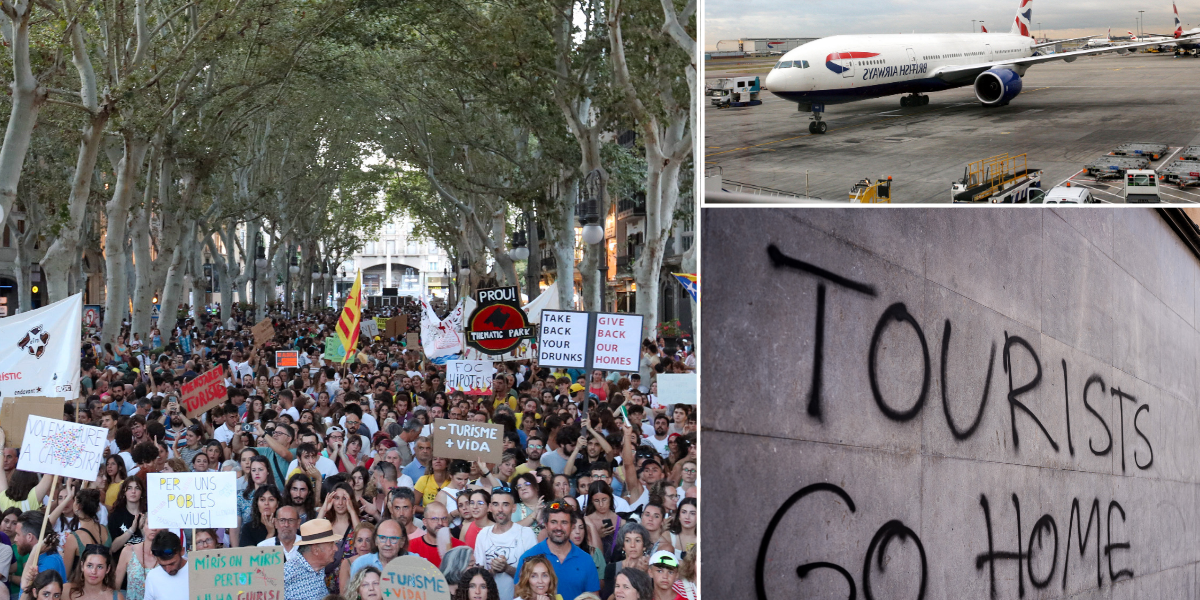For young cancer patients like Tom Stott, discussing fertility options for a future family is the last thing you expect to be faced with
When I was 17, just halfway through sixth form and with dreams of joining the RAF, I felt a lump on one of my testicles. At that age, I thought little of it – maybe just a quirk my teenage body was throwing at me. But after a nudge from a friend, I went to the GP, setting off a chain of appointments that led to a life-changing cancer diagnosis. It was in October 2014 that I was told I had testicular cancer. My RAF dreams were immediately on hold.
One thing you don’t expect to be faced with as a teenager battling cancer is the thought of whether you’ll be able to have children someday. But almost as soon as the diagnosis was in, doctors started talking to me about sperm banking and the potential impacts of chemotherapy on my fertility. Just a week after being told I had cancer, I was sitting in a fertility clinic with my dad, grappling with this surreal detour in my life. It felt like a blur – sign this, agree to that – while my mind was still trying to process the fact that I even had cancer. It didn’t occur to me to ask about the costs, the length of storage or what the future would hold for that banked sperm. I was just trying to stay alive.
The chemotherapy that followed was brutal. I was fortunate to be treated on the Teenage Cancer Trust ward at Nottingham’s City Hospital, where the staff understood what it meant to be young and facing something so frightening. My ward had a bit of everything – a common room, a kitchen, even the option to order takeaway food if hospital meals weren’t cutting it. And while I mostly kept to myself, that space and the little freedoms it allowed made a difficult experience slightly easier.

After months of chemo, I thought I was in the clear. But in 2017, I faced another tumour – this time in my pelvis. I underwent surgery to remove it, along with 19 lymph nodes. Unlike before, there was no Teenage Cancer Trust ward this time around, just an adult urology ward where I was the youngest patient by decades. It was a stark reminder of how isolating cancer can feel when the support network you need just isn’t there.
Fast-forward to 2019, when I was 22 and past the worst of it I’d thought. I was starting to rebuild my life – working, making plans. Then one day, an invoice arrived out of nowhere from the NHS – £200 for “private patient storage”. I called around to figure out what this could be, only to discover it was a bill for the sperm I’d banked years ago. No prior warning, no gentle reminder, just a demand for money with the threat of debt collectors if I didn’t pay within 21 days.
That invoice hit hard. Not just financially, though that was a struggle – I was in my first job on an entry-level salary and still finding my feet. But emotionally, it dragged me back to a place I thought I’d left behind. Here I was, being charged for the mere possibility of a future family, a side effect of the cancer that had already stolen so much.
But it wasn’t just the storage costs that shocked me. I soon learnt that even if I kept the stored sperm, I’d only be able to use it through IVF, an expensive process that isn’t guaranteed to be funded by the NHS. I can’t remember anyone explaining this back when I was 17; I had no idea that, down the line, having children would require not just medical intervention but possibly thousands of pounds. I had no idea if “frozen” sperm would work and what the odds were. I hadn’t realised that paying for the storage was only part of the picture. To this day, I wonder how many other young cancer patients are navigating life under the same misconceptions.
Nowadays, I’m in a very different place. I’ve built a career as a regional account manager for a company that supplies marine equipment – a job I absolutely love. I get to travel around, meet new people and no two days are the same. There’s a part of me that’s grateful for this unexpected path, even if it was born out of difficult circumstances. My original dream of joining the RAF may have been cut short, but I’ve found a fulfilling new direction.
I also have a supportive partner. We’ve been together for seven years now, and she’s been with me through the highs and lows of post-cancer life. She knows my story, understands the challenges and has always been there to reassure me. But I can’t help feeling that conversations around fertility – whether I’ll be able to have children and the potential costs of making that happen – have come up far earlier than they would have in a “normal” relationship. It’s the kind of serious discussion most couples don’t face until much later, if at all.
I tried to argue the case for better communication for all the departments that deal with cancer and fertility, meeting with heads of the reproductive and oncology departments. I shared my frustration at the lack of communication and the arbitrary nature of the five-year storage rule. At 17, I hadn’t known to ask about the costs of storage; I’d just been doing what I was told to survive. Why should I have to pay for a side effect of my treatment, something I didn’t choose? After hearing me out, the hospital agreed to send patients a reminder letter two years into storage, giving them a heads-up before the bill arrives. It’s not much, but it’s a start.

In the end, I was offered a fertility test – a rarity in this process as I understand it – and it turned out my sperm count was healthy. I made the decision to let go of the stored sample rather than pay for it, which is a choice that not everyone will have. But I couldn’t help thinking about others in my position who don’t get that test or those who can’t afford the storage fees. Why should the ability to have children in the future be something you’re forced to budget for just because you had cancer at a young age?
It feels like a fertility lottery that is determined by your postcode and financial situation. Some areas of the UK offer up to 10 years of NHS-funded storage, while others only provide five. Then there’s the annual fee – it varies but the current annual storage fee for sperm at Guys and St Thomas is listed as £350. It’s a cruel tax on young cancer patients who are already fighting so much.
As I shared my story with the Teenage Cancer Trust and Macmillan, I realised there was little public awareness of this issue. Most people don’t know that cancer treatment can put future fertility at risk, and fewer still know about the costs associated with preserving it. Through my work with these organisations, I’m pushing for a system that better supports young cancer survivors, both financially and emotionally. Ideally, I’d like to see NHS funding extended to cover the full storage period up to age 55. After all, we didn’t ask for cancer – and we shouldn’t have to pay for the chance to have a family.
Cancer already takes so much from young lives. It derails careers, upends dreams and leaves scars that run deep. But charging people to keep a part of themselves they might need in the future? That’s a cost we shouldn’t have to bear.
As told to Suzy Walker
Teenage Cancer Trust is one of four charities supported by this year’s Telegraph Christmas Charity Appeal. The others are Humanity & Inclusion, Alzheimer’s Research UK and Army Benevolent Fund. To make a donation, please visit telegraph.co.uk/2024appeal or call 0151 317 5247

 By The Telegraph (World News) | Created at 2024-11-08 06:05:23 | Updated at 2024-11-08 08:47:05
2 hours ago
By The Telegraph (World News) | Created at 2024-11-08 06:05:23 | Updated at 2024-11-08 08:47:05
2 hours ago




/cdn.vox-cdn.com/uploads/chorus_asset/file/25709978/Credit__Luis_Yan_ez___ED_DSC00150.jpg)



